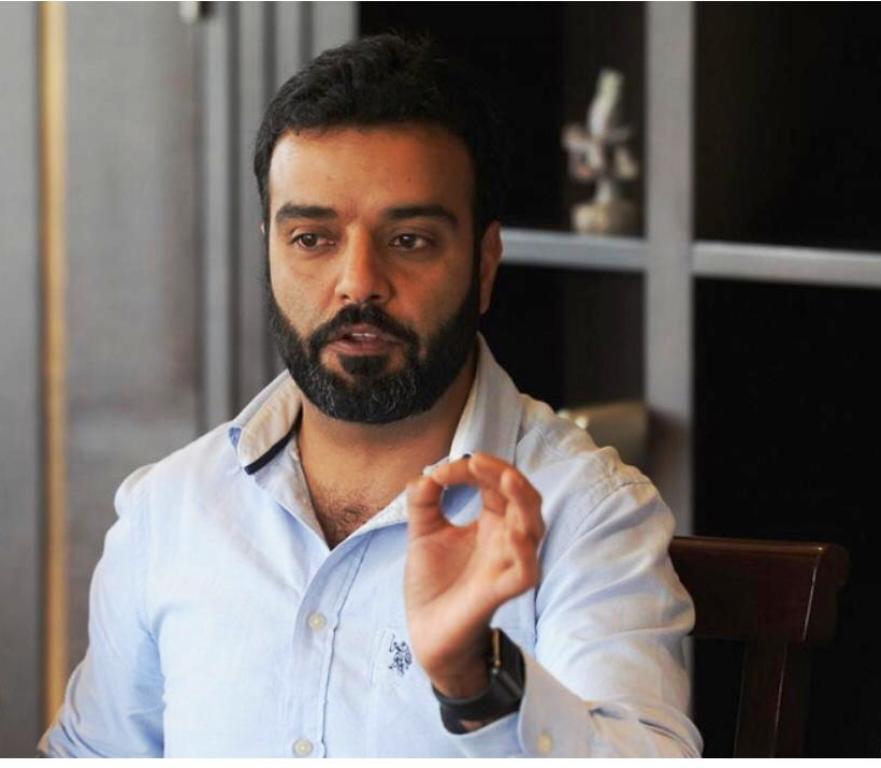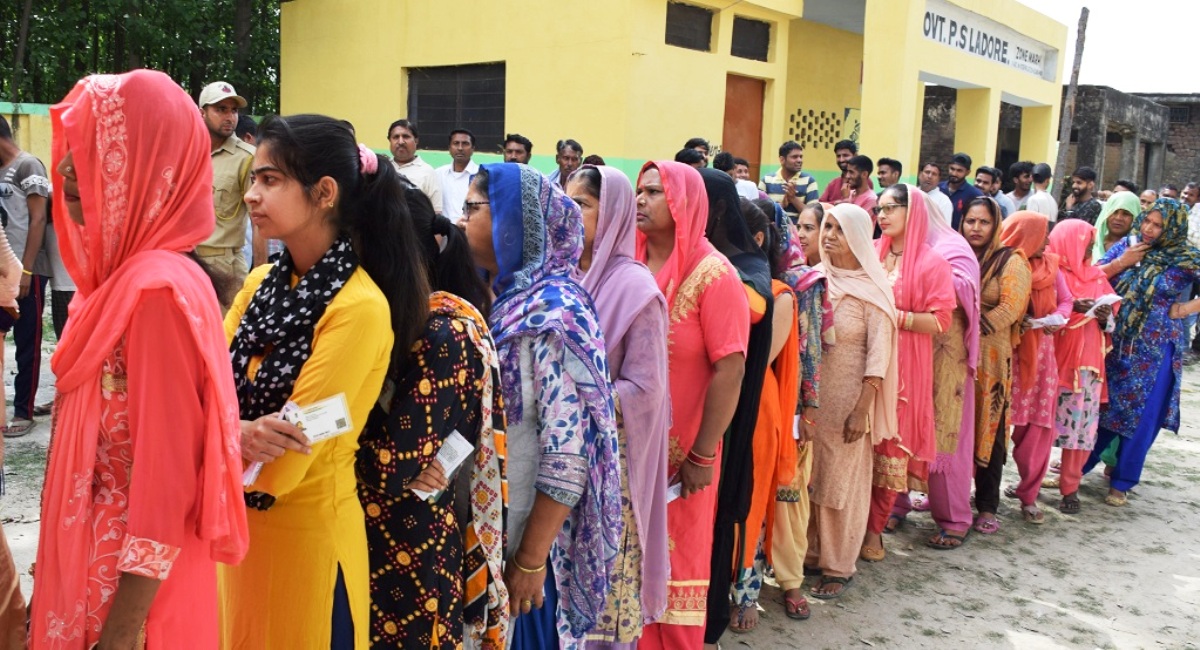SRINAGAR: Legendary educationist, Agha Ashraf Ali passed away today at his Rajbagh residence. He was 97. Grown weak over the years, he was not keeping well for some years.
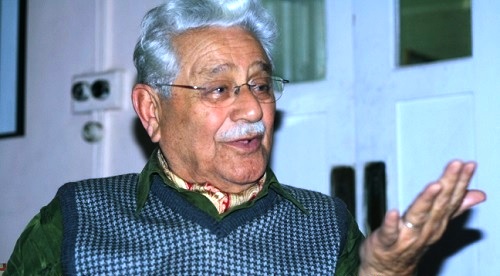
Family sources, however, said he was weak due to old age but healthy. He died peacefully minutes after going to bed, said a family statement. He will be buried today at his family graveyard Gulistan Baba Mazaar, at Alamgari Bazar area of Old city.
A family statement said that there will be no congregational gatherings due to prevailing circumstances in the valley. People have been requested to offer Fatiha individually and offer condolences to the family members through social media. Agha Ashraf Ali is survived by a son Agha Iqbal Ali and daughters Hena Ahmed and Sameetah Agha.
Agha Ashraf Ali was born on 18 October 1922 at his ancestral house, Qasr-e-Qazalbash, Agha Manzil, in Khanqah-e-Sokhtah, Nawa Kadal area of Srinagar. He was the youngest son of Begum and Agha Zaffar Ali Qazilbash. He grew up in an aristocratic feudal household with a rich legacy of excellence and where education was a top priority. His mother Begum Zaffar Ali was the first woman matriculate of Kashmir and was an acclaimed teacher and educationist. Ashraf was educated at the Mission School at Fateh Kadal, Srinagar (later the Biscoe school). After his schooling, he went to Sri Pratap College from where he graduated with first class. A lecture by Dr Zakir Hussain (later President of India) at S.P College in 1941 became a turning point in Ashraf’s life. Dr Zakir Hussain later became his teacher and was instrumental in moulding his personality.
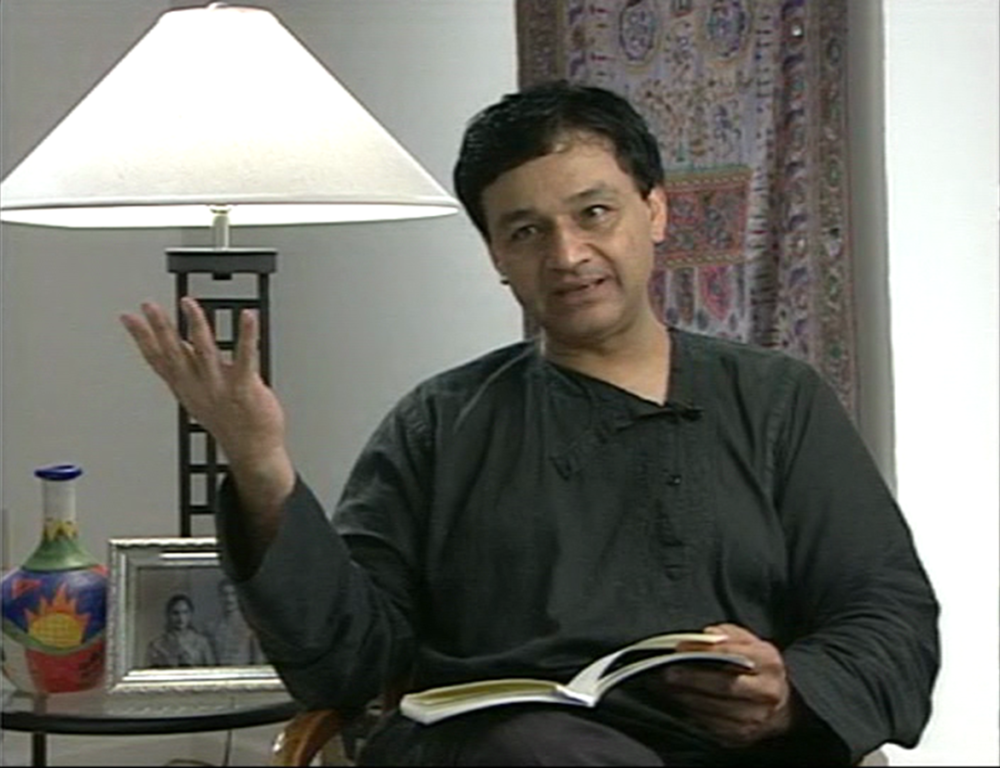
Don't tell my father I have died; he says and I follow him through blood on the road.
— Agha Shahid Ali (@AghaShaahidAli) July 31, 2015
After completing his graduation, Ashraf studied history at Aligarh Muslim University. He was enrolled in MA History. Agha stood first in MA and received the Morrison Medal in 1945. Later he went to Delhi and joined Jamia Millia Islamia University where he started teaching. He had a close association with India’s noted intellectuals prominent among them being Dr Zakir Husain, Prof Mujeeb, Prof Habib, Prof Abid Husain and Prof Kidwai. Through them, Agha had the opportunity to meet Mahatma Gandhi and Maulana Abul Kalam Azad. These people had a great impact on Agha’s life and are a source of inspiration for him. During this time Agha married Sufia Nomani from Lucknow. After the Partition of India, he decided to go back to Kashmir. He was told that the state had no funds for any post and that Agha must go to England for further studies.
Agha Ashraf went to England and specialized in academic diploma in comparative education and educational organization and administration. He was influenced by the philosophy of Martin Buber and greatly inspired by socialist ideas. For the last three months in 1951, he visited schools in France, Germany, Sweden, Switzerland and Denmark in order to understand the system of education there and the way of teaching. He came back to Kashmir in 1951. On his return from England, Agha Ashraf Ali was appointed as officer on special duty under Prime Minister Sheikh Muhammad Abdullah.
One year later 28-year-old Ashraf was made the inspector of Schools, Kashmir in 1952. Thus began his administrative career which was fearless, Agha would never compromise on his principles and would always defy authority. In 1954 Agha Ashraf was made the officiating principal of the Teachers College of Education (Teachers Training College) . Later he was taken as principal of the National Extension Training Centre, where there were two hundred village level workers. He used the best of his skills and ability to train them into socialists and modern Kashmiris. When Ghulam Mohammed Sadiq became the Education Minister, Agha Ashraf was asked to join back as Inspector of Schools however Ashraf expressed his wish to continue as the Principal of Teachers College with an aim to produce efficient teachers. He remained as Principal of the Teachers College for five years from 1955-1960. In 1960 he received a Fulbright Scholarship.
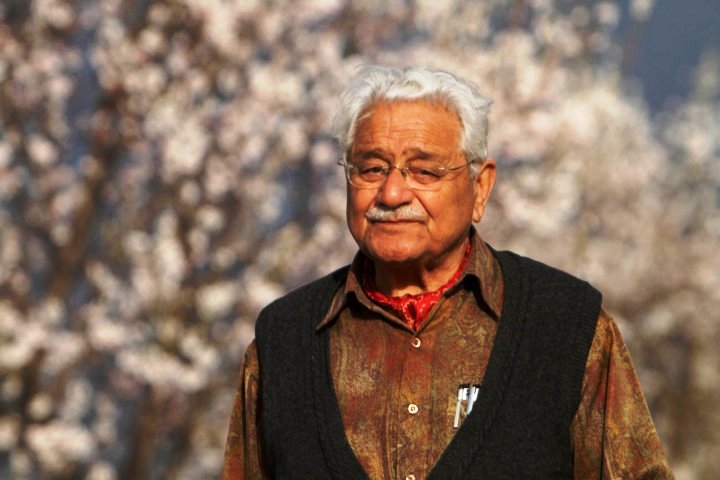
Agha Ashraf moved to the United States with his family to complete his education. He was enrolled at the Ball State Teachers College, in Muncie, Indiana, where he did his PhD in comparative education thus becoming the first PhD of the Ball State University, the USA in 1967. After his return from the US, he was appointed as officer on special duty for a brief period. Later the University of Kashmir created the Post Graduate Department of Education and he was selected as its professor. He was the first Kashmiri professor since there were only lecturers and readers in the university at that time. He would promote the best students and would send them to England and America to study new mathematics, and new ways of teaching mathematics. When they came back, they were paid handsomely, each by Biscoe School, convent and Burn Hall School. He headed the Department of Education for many years thus groomed and nurtured students into efficient teachers, scholars and Professors. He also served as the acting Vice-Chancellor of the University of Kashmir. He was made Director of training and curricula from 1973 -1975, in which all training was under his guidance. From 1972-73 he was also a member of Baghwan Sahay committee report on Education.
Later he was appointed as the first chairman of the Board of School Education in 1975 where he introduced compulsory mathematics and science in schools for all girls. He reformed the education system in the state of Jammu and Kashmir to the advantage of the students of the valley. As Education Commissioner he brought tremendous changes in the department. Agha Ashraf Ali retired as commissioner of higher education, Jammu & Kashmir in 1982. Post-retirement he was appointed as the Chairman of the Competent Authority of J&K (at present BOPEE) in 1988. He also remained Honorary Professor Emeritus in the Department of Education, University of Kashmir.
After his retirement, he continued to enlighten the people of Kashmir and outside through his lectures in universities, colleges and schools. He would also give lectures to students at his residence. He continues to be an inspiration for many people. He was a noted orator and public speaker known for his lectures on various issues. As an academician, Agha Ashraf had an opinion on every contemporary social and political issue. He was an independent thinker, a visionary in political thought, and has an acute-insight and enthusiasm for national and international affairs that is par excellence. He was offered membership of the legislative council with a berth in the cabinet as the Education Minister by the then chief minister of Jammu and Kashmir Mufti Muhammad Sayeed in 2004, however, Agha Ashraf Ali refused. Universities, Colleges and Schools across J&K have conferred upon him “Awards of Honour & Excellence”. He was presented an award of Excellence by his Alma-mater, Ball State Teachers College, Muncie, Indiana, the USA where he has delivered many keynote addresses. College of Education bestowed upon him the award of “The Pride of Education”. On the eve of Teachers’ Day, on 5 September 2006, Agha was awarded Nigeena-e-Watan by the teaching fraternity of J&K for his “unmatched contribution in the field of education”.In 2011 Agha released his autobiography, Kuch to Likhyay ki log kehtay hain, in Urdu
Agha Ashraf’s wife Sufia Agha died in 1997. Sufia served in various capacities in the field of Education. In the later years, she was Principal, College of Education, Srinagar and later Deputy Director of Education, Kashmir. Their eldest son Agha Shahid Ali was a world-famous poet. Shahid died in 2001. Ashraf’s son Dr Agha Iqbal Ali, and two daughters Dr Hena Ahmed and Dr Sameetah Agha work as Professors in the USA.


